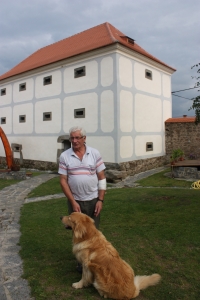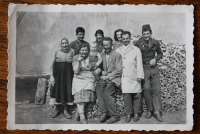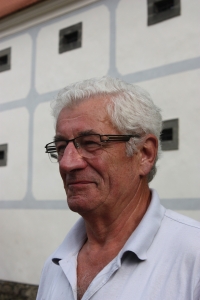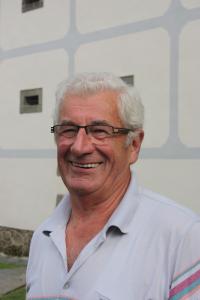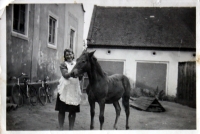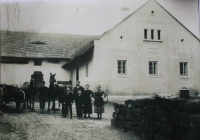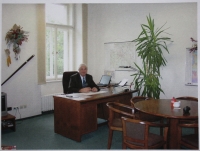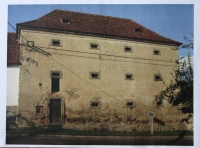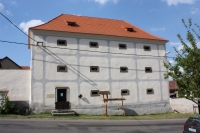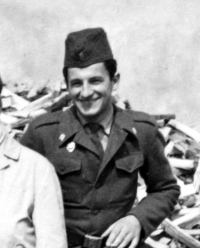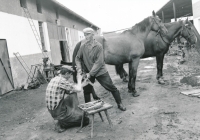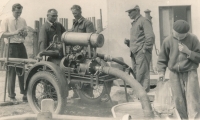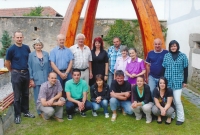I started school on Monday, and on Friday a State Security officer came to pick me up
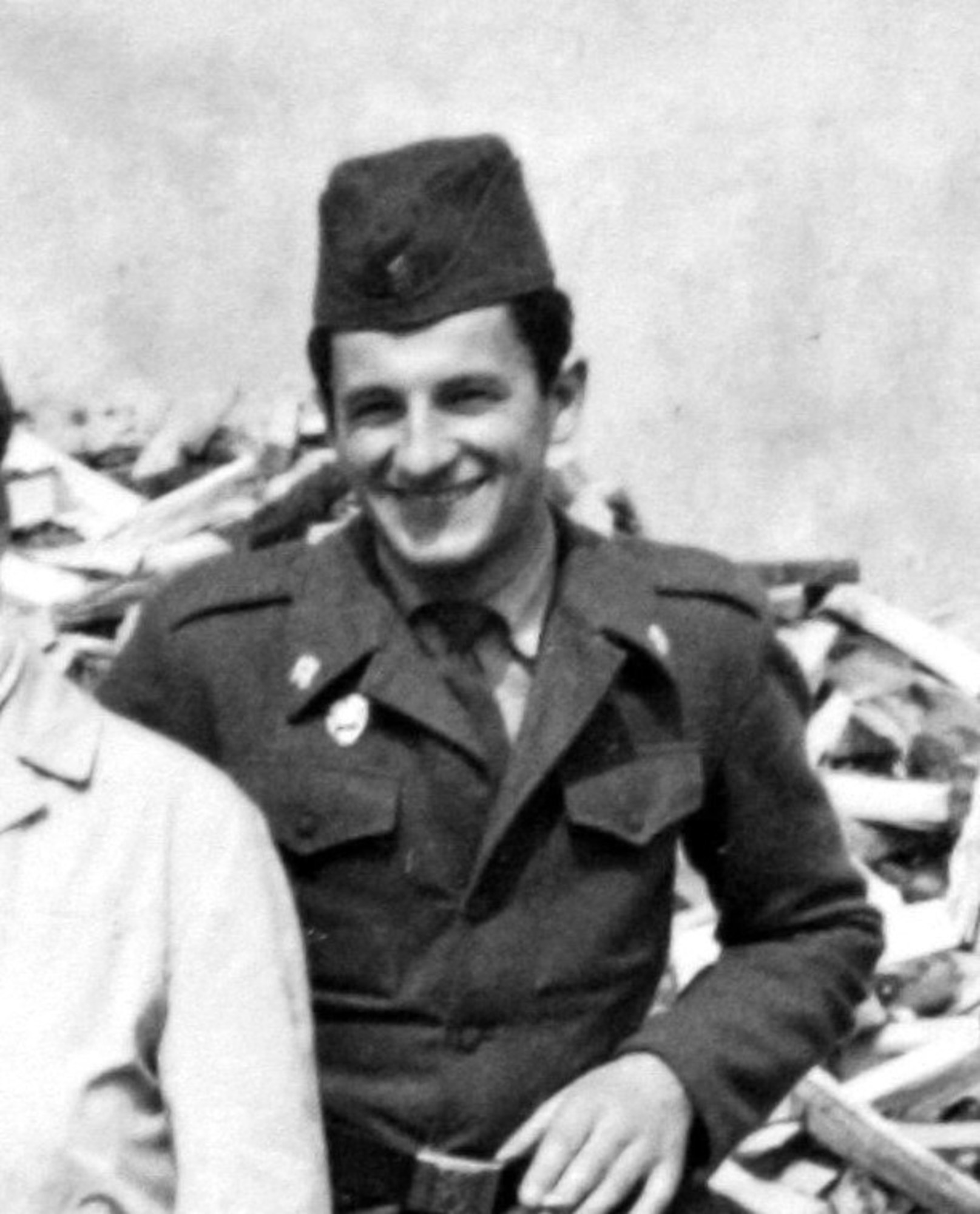
Download image
František Vácha was born on 28 April 1942 as the fifth František Vácha in the Vácha family that had been running their farm in the region of Sedlčansko in central Povltaví for centuries. In the end of the 1950s, he was not allowed to study at secondary school, he graduated from agricultural school by distance learning while serving his military service and while working. From 1966 till 1990, he was an agronomist working for the cooperative farm (JZD) in “Svatý Jan”. He was for many years a member of the Czechoslovak People’s Party, later he was a private farmer. In the 1990s, he was the director of the regional agency of the Ministry of Agriculture and in the years 2000-2004, he served as a deputy of the regional council president of the region of Central Bohemia during the tenure of power of the coalition of four parties (KDU-ČSL). In the last couple of years, he renovated a baroque granary and he’s running a private museum of the everyday life of the common farmers of the region of central Povltaví with the name „Váchův špejchar”.
